
Many African countries are contending with crippling debt service obligations with about half of Sub-Saharan African countries at high risk of, or already in debt distress at the end of 2024, Governor of the Bank of Ghana, Dr Johnson Asiama has said.
Dr Asiama said that this severely constrains fiscal space for essential social and development spending, and hinders progress towards achieving the Sustainable Development Goals (SDGs).
He stated that most concerning is that per capita public expenditure on interest payments in Africa has surpassed spending on health and education, exacerbated by declining overseas development assistance.
Dr Johnson Asiama said after throwing more light on the impact of COVID pandemic, geopolitical tensions, financing squeezes and climate-related disasters on the economies of African countries.
Speaking during the IMF / World Bank 2025 spring meetings2025 African Consultative Group Meeting the theme “debt vulnerabilities in developing countries—a key challenge for achieving the sustainable development goals ” he indicated that many developing countries, especially in Africa, face high and rising debt levels, with a shift in creditor composition, high rollover risks, and substantial financing needs, particularly following the recent successive shocks.
“These include the COVID pandemic, geopolitical tensions, financing squeezes, and climate-related disasters,” he said.
Consequently, he added, many African countries are contending with crippling debt service obligations, with about half of Sub-Saharan African countries at high risk of, or already in debt distress at the end of 2024.
Dr Asiama said that this severely constrains fiscal space for essential social and development spending, and hinders progress towards achieving the SDGs. Most concerning is that per capita public expenditure on interest payments in Africa has surpassed spending on health and education, exacerbated by declining overseas development assistance.
“Madam Managing Director, African Governors are committed to proactive debt management, enhancing revenue mobilization, and rationalizing expenditures to restore fiscal and debt sustainability, while implementing policies to promote durable economic growth. However, these efforts require stepped-up international cooperation and support from development partners, including the IMF.”
Dr Asiama further highlighted a few key issues and the role of the IMF.
First, he said, given the current shock-prone world, strengthening IMF support and policy agility is crucial for enhancing resilience in developing countries, particularly in Africa.
“Maintaining the concessionality of the Poverty Reduction and Growth Trust and replenishing the Catastrophe Containment and Relief Trust are crucial for easing any liquidity crunch and alleviating debt pressures. We urge the Fund to engage actively with members to secure the financing assurances needed for the distribution of GRA income under the multi-year framework, ensuring its timely and effective implementation.
“Prioritizing inclusive growth, integrating SDG priorities into debt solutions, and tailoring technical support for macro-fiscal-structural reforms will help mitigate fiscal risks, restore debt sustainability, and advance economic diversification,” he said.
Second, he said, strengthening the debt sustainability framework to proactively prevent unsustainable debt accumulation without unduly limiting access to the much-needed development assistance is essential.
The IMF should ensure that the debt sustainability framework remains fit-for-purpose and effectively captures the unique vulnerabilities of developing countries, including climate-related debt risks and new debt instruments, he said.
“Refining the IMF’s debt sustainability toolkit is critical in this regard. We urge the IMF to enhance its risk assessment tools and early warning systems to timely identify potential debt sustainability issues. We expect the ongoing review of LIC DSA to take stock of shortcomings and address them,” Dr Asiama stated.
On the third point, he said, the IMF should continue to lead debt restructuring and debt relief efforts.
“While we appreciate the Global Sovereign Debt Roundtable (GSDR) and G20 Common Framework’s work, the ongoing high debt vulnerabilities in developing countries, especially in Africa, call for a more comprehensive debt relief strategy. Streamlining processes, enhancing debt transparency and reporting, and incentivizing private creditor participation in the Common Framework are crucial for fostering confidence and encouraging early engagement from members. Additionally, Multilateral Development Banks’ significant exposure to debt-vulnerable countries necessitate deeper discussions on fairer debt treatment across different creditors and additional financing support. We call on the IMF to use its convening powers to drive this dialogue at the GSDR.
Finally, he said, enhancing policy coordination among international financial institutions (IFIs) is essential.
“We urge the IMF, other IFIs, and regional bodies to better coordinate and align their financial and technical support to developing countries, considering diverse needs and capacities. Promoting regional cooperation to address common challenges and capitalize on collective strengths are paramount. Given the debt vulnerabilities exacerbated by climate change, we call for enhanced collaborative efforts. This includes proposing ambitious yet achievable and monitorable concessional financing options, establishing joint financing mechanisms, and developing common policy frameworks.
“Promoting innovative financing solutions, such as blended finance and debt-for-climate/ SDG swaps, is crucial for addressing both debt vulnerabilities and climate risks.”
The post Many African countries are contending with crippling debt service obligations – Dr Asiama at IMF/World Bank Spring meetings first appeared on 3News.
Read Full Story
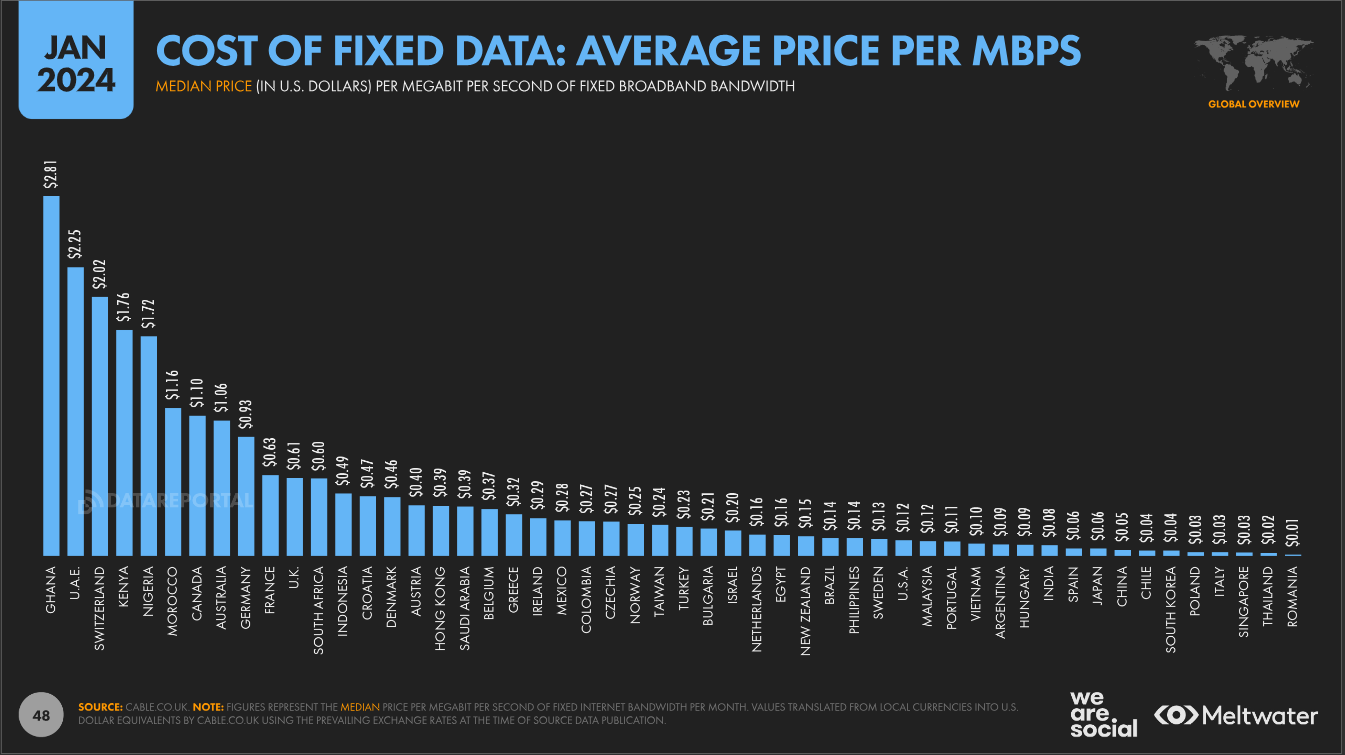
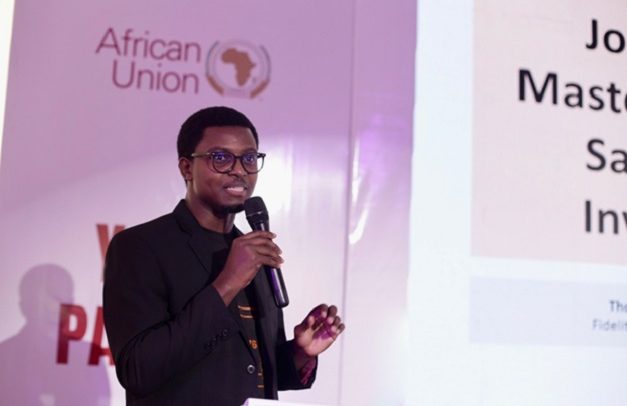












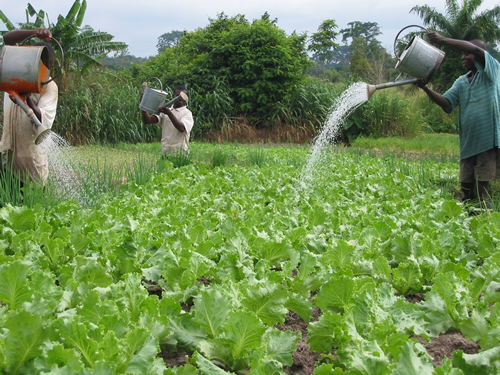

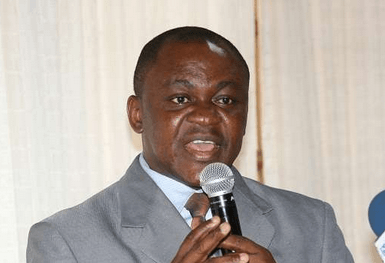
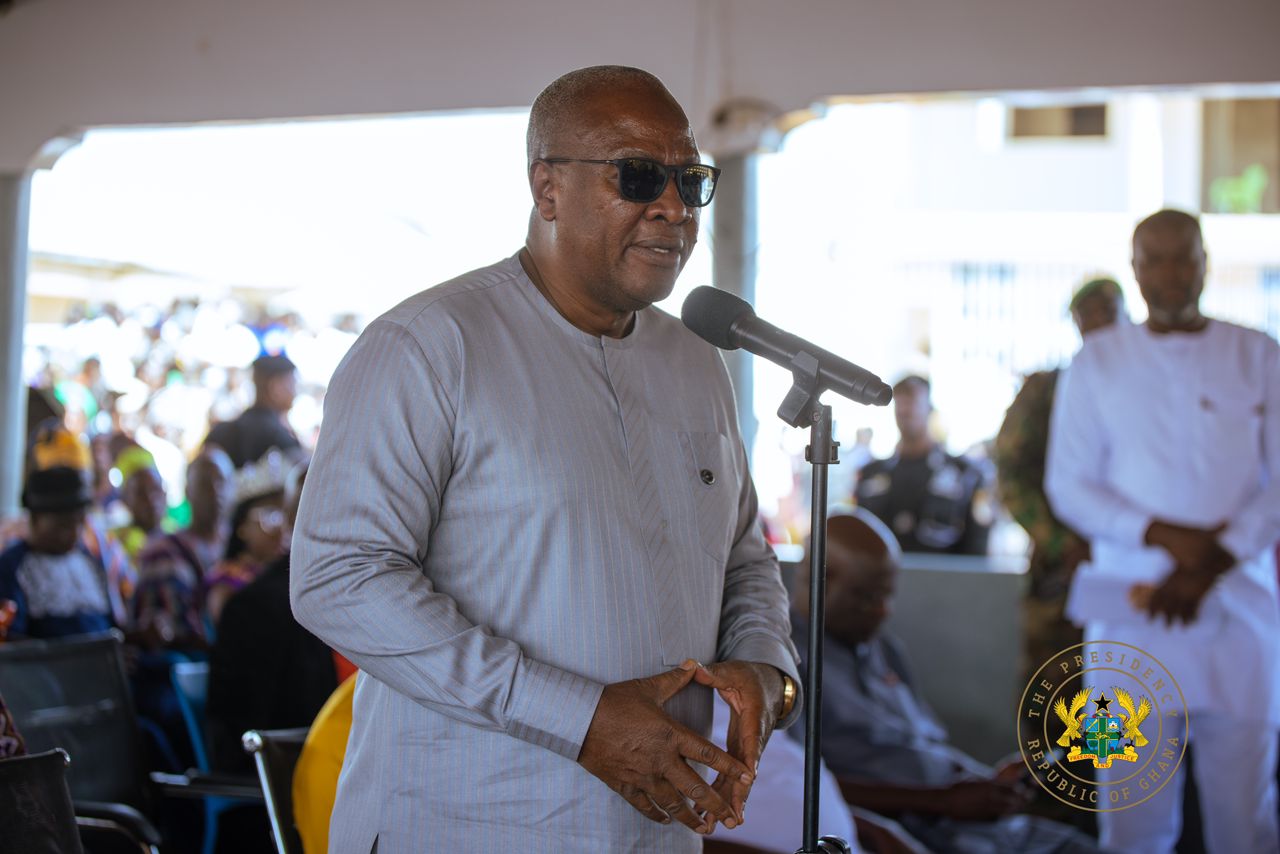
Facebook
Twitter
Pinterest
Instagram
Google+
YouTube
LinkedIn
RSS